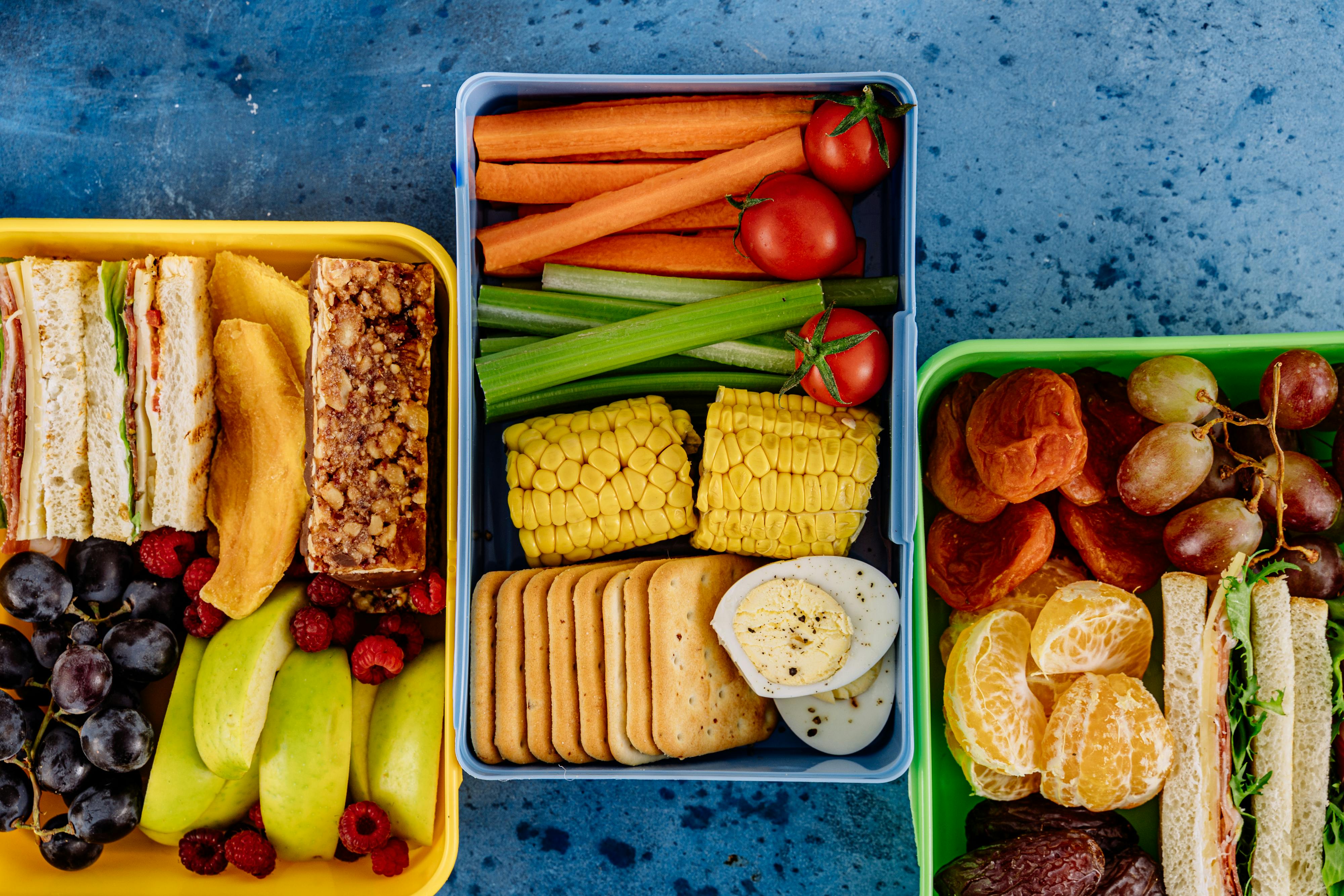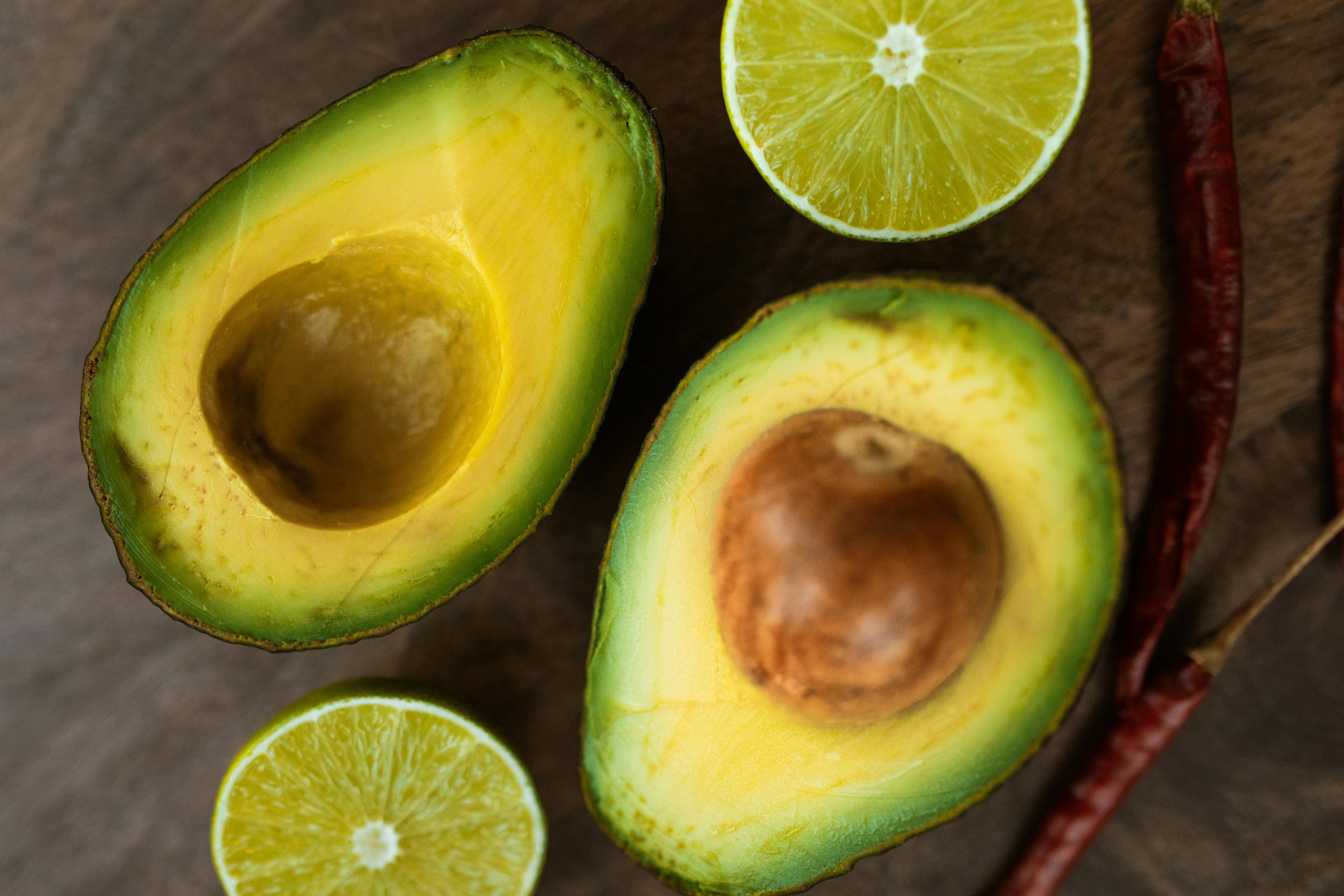
Essential Guide to Wisdom Teeth Diet: Effective Tips for 2025
Wisdom teeth removal is a common dental procedure faced by many individuals. However, one of the key factors contributing to a smooth recovery lies in adhering to the right diet during the healing process. This essential guide aims to explore the best practices for a wisdom teeth diet, emphasizing the importance of soft foods, the benefits of an anti-inflammatory diet, and nutrient-rich options to aid recovery. Whether you are recovering from oral surgery or preparing for it, understanding what to eat can significantly impact your healing timeline.
The right post-surgery diet helps manage pain, reduce swelling, and speed up recovery. By focusing on gentle nutrition and avoiding hard, spicy, or acidic foods, you can maintain comfort while eating. In this article, we will cover everything from ideal food selections and easy-to-eat meals to delicious recipe ideas specifically catered to wisdom teeth patients. Additionally, we will address the importance of hydration and the role of essential nutrients for healing. Let’s dive into the world of a wisdom teeth diet and empower your recovery!
Choosing the Best Foods for Wisdom Teeth Recovery
Following wisdom teeth removal, it's crucial to choose foods that support healing without causing discomfort. Soft foods for wisdom teeth patients should be at the forefront of your dietary choices. Foods that require minimal chewing can prevent irritation and allow the surgical sites to heal efficiently. Here are some beneficial foods to consider:
Nutrient-Rich Soups for Recovery
Soups are ideal for post-operative recovery, as they are not only easy to consume but also packed with nutrients. When choosing soups, opt for those with minimal seasoning. Here are some nourishing soup options:
- Vegetable Broth: Rich in vitamins and hydration, nourishing broth is soothing and gentle on the gums.
- Pureed Soups: Options like butternut squash or carrot soup provide essential nutrients while being easy to swallow.
- Chicken Soup: This classic offers protein and can be blended to a smooth consistency for easier consumption.
Gentle Foods to Support Healing
While recovering, focus on foods that not only offer comfort but also promote healing. Incorporating a variety of gentle foods can ensure you meet your nutrient requirements:
- Mashed Potatoes: A comfort food staple, they are soft, nutritious, and filling.
- Smoothies with Protein: Blend fruits with yogurt or protein powder for a nutrient-rich shake that’s easy to swallow.
- Soft Fruits: Avocados, applesauce, and overripe bananas are excellent options to include in your diet.
Incorporating Liquids into Your Diet
A liquid diet after oral surgery can be beneficial as it avoids the risk of damaging healing tissues. Here are some options to consider:
- Herbal Teas: Anti-inflammatory herbal teas can soothe the mouth and provide hydration.
- Nutrient-Rich Smoothies: Smoothies without pulp are easier on the gums, allowing you to incorporate necessary vitamins and minerals during recovery.
- Cold Foods: Smoothies made with ice can help reduce inflammation and swelling.
Essential Nutrients for Healing
A well-balanced diet rich in essential nutrients plays a critical role in post-surgery recovery. Focus on the following vitamins and minerals that are vital for tissue repair:
Vitamins and Minerals for Oral Recovery
Ensure your diet includes ample vitamins and minerals known for their healing properties:
- Vitamin C: Supports collagen formation—found in fruits like oranges and strawberries.
- Vitamin D: Enhances calcium absorption, crucial for bone health.
- Zinc: Aids in tissue repair and immune function, available through meats and legumes.
Protein Sources for Recovery
Protein is essential for healing tissues and muscle recovery. Include various protein sources in your diet:
- Soft Scrambled Eggs: Easy to make and packed with protein.
- Greek Yogurt: Provides protein and probiotics to support gut health.
- Protein Shakes: An easy way to ensure adequate protein intake, especially if other foods are hard to eat.
Hydration Tips Post-Surgery
Staying hydrated is critical during recovery. Here are effective ways to ensure proper hydration:
- Fluid Intake: Drink plenty of water, and consider hydrating broths.
- Avoid Sugary Drinks: Beverages that can irritate the surgical site should be avoided.
- Hydration from Foods: Include smoothies, soups, and soft fruits that contribute to overall fluid intake.
Foods to Avoid After Wisdom Teeth Extraction
While focusing on what to eat, it’s equally important to recognize foods that should be avoided during the recovery period. Hard, crunchy, spicy, or acidic foods can hinder healing and cause discomfort. Here are some categories of foods to steer clear from:
Avoiding Hard and Crunchy Foods
Hard foods can lead to unnecessary pain and may risk damaging the surgical site. Examples include:
- Nuts and Seeds: These can be too hard and can get stuck in the extraction site.
- Chips or Crackers: Their texture can irritate sensitive gums and lead to complications.
- Raw Vegetables: Crunchy veggies require more chewing and should be avoided initially.
Steering Clear of Spicy and Acidic Foods
Spicy and acidic foods can cause irritation and delay the healing process. It’s best to avoid:
- Spicy Dishes: Hot spices can aggravate the surgical site.
- Citrus Fruits: While healthy, their acidity can cause discomfort.
- Tomato Products: These can be highly acidic; consider waiting until later in your recovery.
Easy-to-Eat Meals for Recovery
This section will focus on practical recipes you can prepare that adhere to soft food guidelines while being nutritious and soothing. The prepared meals should be gentle and easy on the gums yet delicious enough for you to enjoy.
Recipe Ideas for Wisdom Teeth Patients
Creating a selection of easy-to-prepare meals can ensure you have nutritious options on hand during your recovery. Here are some ideas:
- Blended Oatmeal: Cook oatmeal and blend until smooth. Add banana and honey for flavor.
- Cheesy Polenta: Soft polenta mixed with cheese makes a comforting meal full of flavor.
- Smoothie Bowl: Blend your favorite fruits with yogurt and serve them in a bowl with soft toppings like mashed fruit.
Managing Dietary Adjustments
Adjusting to a new diet after surgery can be challenging, but it is essential for recovery. Here are tips for coping:
- Plan Ahead: Meal prep soft foods to have easy meals ready to go.
- Experiment with Flavors: Use herbs and spices to keep meals interesting while remaining gentle on the gums.
- Listen to Your Body: Pay attention to what works for you, modifying the diet as necessary.
Common Recovery Mistakes and Recommendations
When recovering from wisdom teeth removal, it’s crucial to avoid common pitfalls that could hinder your healing process. Being aware of these can help you stay on track towards complete recovery.
Common Mistakes During Recovery
Many individuals overlook certain aspects of their diet during recovery. Here are some frequent missteps:
- Not Hydrating Enough: Insufficient hydration can delay healing.
- Eating Foods Not Recommended: Ignoring dietary restrictions can complicate the recovery.
- Overeating Sugary Foods: While tempting, this can lead to inflammation.
Recommendations for a Smooth Recovery
To ensure a smoother recovery, consider the following expert recommendations:
- Follow Post-Operative Instructions: Adhere to your dentist’s advice regarding dietary restrictions.
- Set Small Goals: Gradually reintroduce foods as you heal, ensuring you maintain comfort.
- Consult with a Professional: If unsure, discussing your diet with a nutritionist can be beneficial.
Q&A Section
Q1: What types of foods should I avoid immediately after surgery?
A1: Avoid hard, crunchy, spicy, and acidic foods as they can irritate your gums and slow the healing process.
Q2: How long should I stick to a soft diet?
A2: Generally, sticking to a soft diet for at least a week post-surgery is recommended, but follow your dentist's specific advice.
Q3: Can I drink smoothies after my wisdom teeth removal?
A3: Yes, smoothies are a great choice! Just be sure to avoid those with seeds or pulp, which may cause irritation.
Q4: Is it important to stay hydrated after surgery?
A4: Yes, staying hydrated is crucial for healing. Aim for clear liquids initially before progressing to smoothies and soups.
Q5: What role do vitamins play in recovery?
A5: Vitamins such as C and D support collaboration in tissue repair and can help boost the immune system during recovery.

